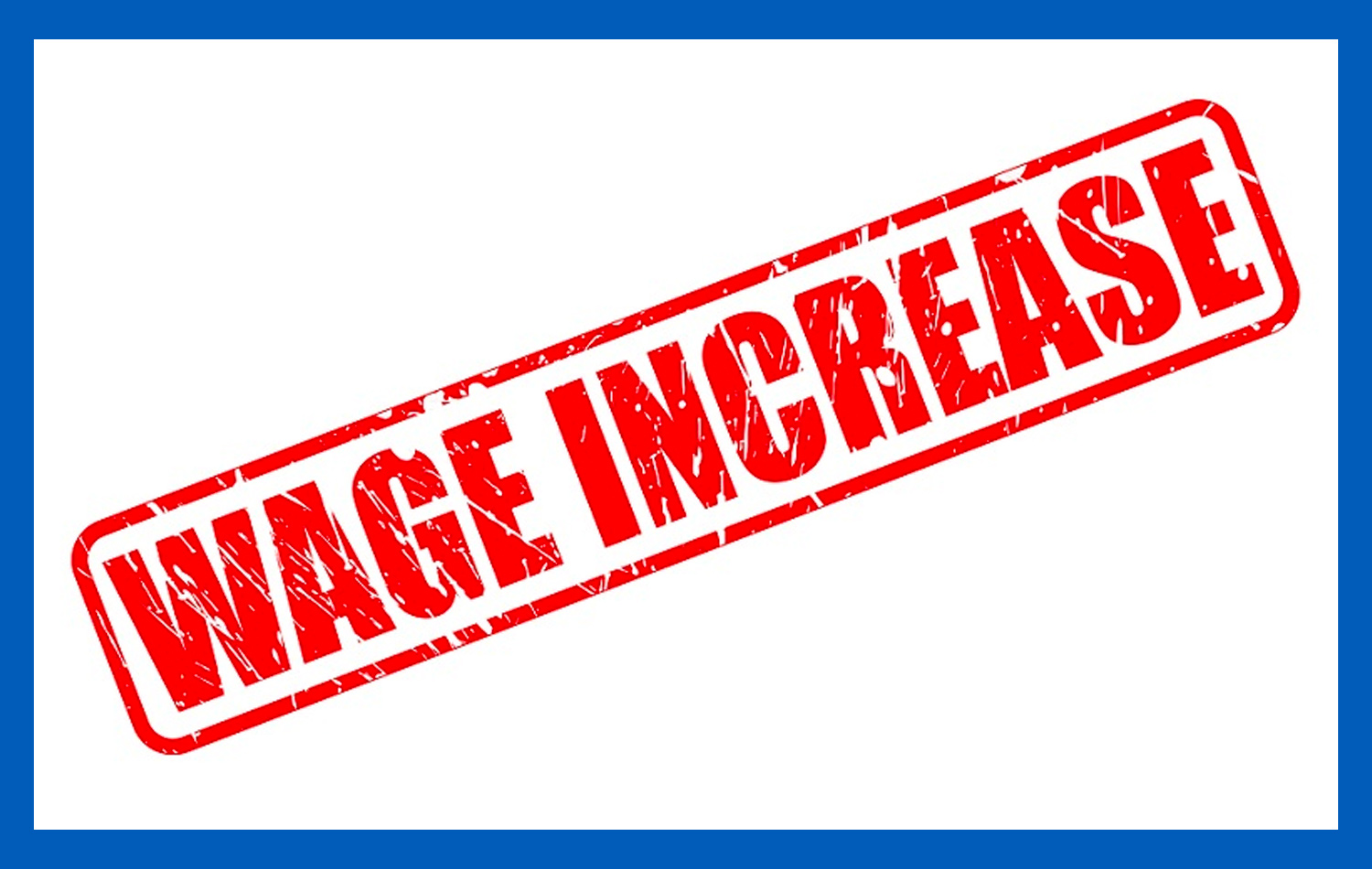A little ease awaits workers in the private sector as a bill to give 100 increase in minimum wage has been approved in the third and final reading in the senate.
The bill also known as Senate Bill 2534 or “An Act Providing for a 100 Pesos Daily Minimum Wage Increase for Employees and Workers in the Private Sector” gained 20 affirmative votes, zero negative votes, and zero abstention.
However, the measure exempts those establishments that has less than 10 employees, establishments that utilizes a capital of P3 million and below, and establishments that was registered under RA 9178.
At the moment, the daily minimum wage in Metro Manila is at P610.
Now that the bill passed the Senate approval, it will now move to the House of Representatives for concurrence.
According to PhilStar report, Senators Imee Marcos, Lito Lapid, Cynthia Villar, and Mark Villar were absent from the session hall and therefore did not participate in the voting process.
Meanwhile, representatives of the House of Representatives have shown reluctance towards enacting a wage hike, viewing it as mere political maneuvering by senators in anticipation of the 2025 midterm elections.
The law delegates the setting of wages to local tripartite boards focused on wages and productivity, taking into account the ability of businesses to afford wage increases. Employers caution that a universal wage raise mandated by law might result in layoffs, closures, and inflation as businesses pass on the increased costs to consumers.
Senator Bong Go, co-author of Senate Bill 2534, praised Senator Jinggoy Estrada and Senate President Juan Miguel Zubiri for their commitment to supporting Filipino workers.
“It is the goal of this measure to provide for a living wage that allows our Filipino workers to earn enough for a satisfactory standard of living and prevent them from falling into poverty,” Go said.
Go added that the rich should distribute their income to the poor.
“I will continue to stand in solidarity with every proposal that we submit to affirm the welfare and rights of our Filipino workers,” he noted.
Senator Francis Escudero explained that the proposed legislation would not impact the Wage Rationalization Act of 1989, the Barangay Micro Business Enterprises Act of 2002, or small businesses with 10 employees or less, or those with investments of P3 million or below.
Estrada noted that the most recent mandated increase in wages in the country occurred in 1989.
According to Senator Grace Poe, although a P100 wage increase may not be adequate, it has been a considerable duration since a mandated wage raise was enacted.
Senate Majority Leader Joel Villanueva expressed that the legislated wage hike marks a positive beginning towards his vision of providing all workers with a livable wage.
Gabriela party-list Rep. Arlene Brosas commended the Senate for passing SB 2534.
“Although the P100 increase in wages is not enough to reach the P1,193 family living wage, this is an initial step toward putting the spotlight on the plight of the workers who have long been calling for a significant wage hike,” she said.
Brosas emphasized the importance of giving priority to House Bill 4898, which proposes establishing a national minimum wage aligned with the family living wage, and House Bill 7568, aiming for a P750 wage increase for private sector employees. She suggested merging the two bills to implement a uniform national minimum wage of P1,100.
Last month, a study conducted by the IBON Foundation revealed that a family of five residing in the National Capital Region requires P1,193 per day or P25,946 per month for a decent standard of living. Nonetheless, the current minimum wage in the region remains fixed at P610, which is only half of the required standard.
Source: PhilStar

